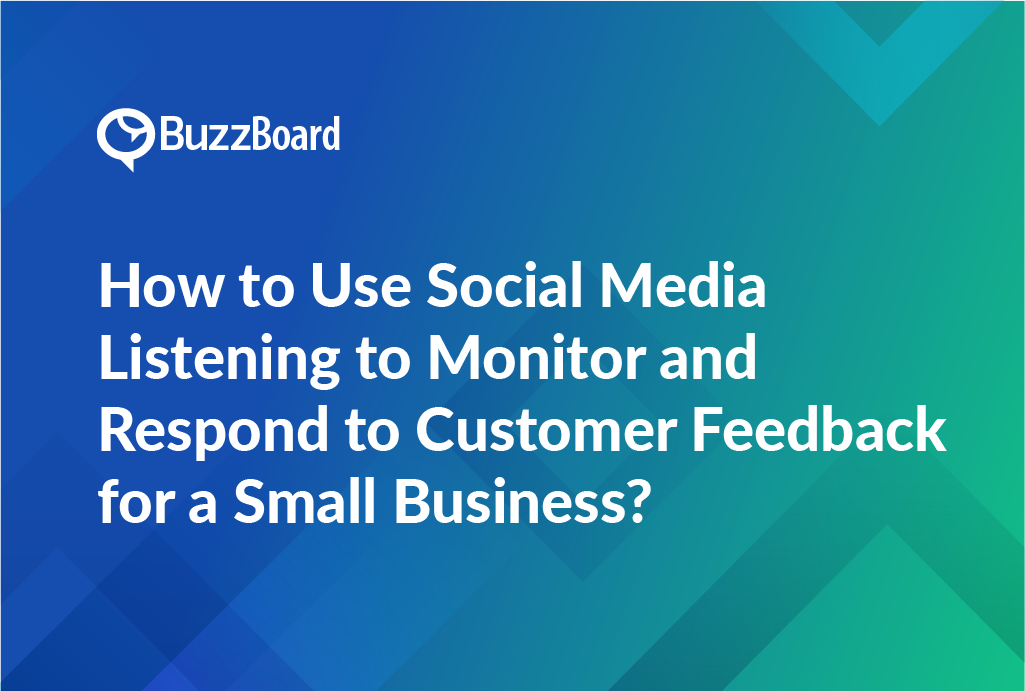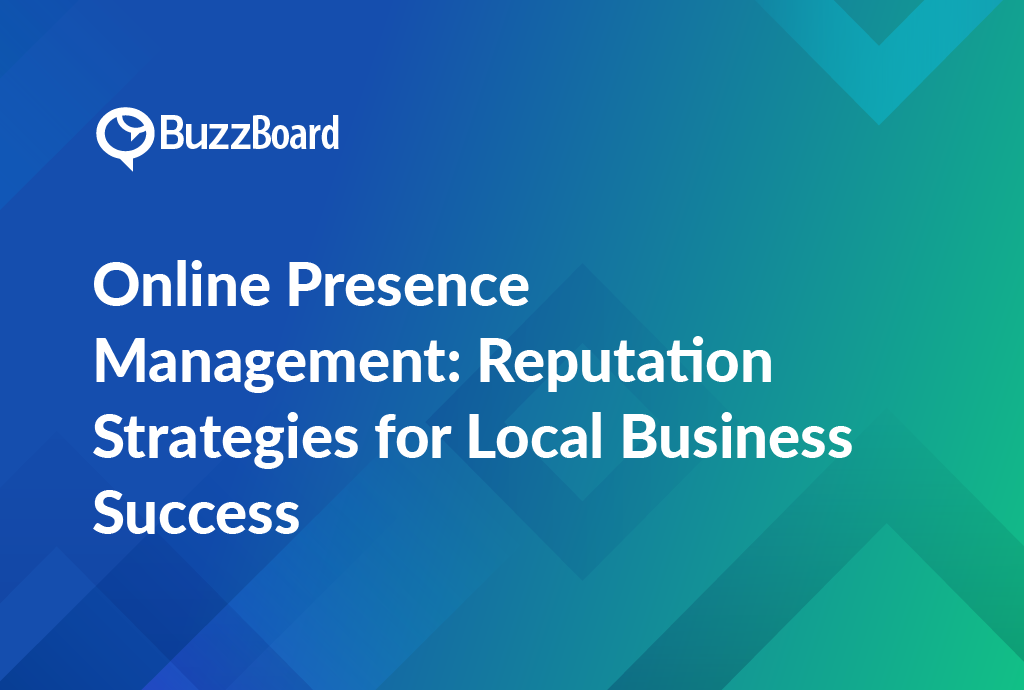Introduction
Social media listening goes beyond just tracking likes and shares. It’s about capturing, interpreting, and responding to customer feedback and discussions about your client’s across social media platforms. It helps you understand customer sentiment and make informed decisions about your marketing, product development, and customer service.
Key Differences from Monitoring:
- Listening: Analyzes the underlying meaning behind mentions and trends.
- Monitoring: Focuses on data gathering and tracking brand mentions.
Benefits for Small Businesses:
- Identify customer pain points and opportunities.
- Respond to feedback promptly and proactively.
- Gain insights for strategic decision-making.
- Build stronger customer relationships.
- Enhance brand reputation and sales.
Challenges and Solutions:
- Limited resources: Utilize free or affordable social listening tools.
- Data overload: Set up alerts for key terms and prioritize responses.
Examples of Effective Use:
- Set up alerts for brand mentions.
- Track customer complaints and suggestions.
- Conduct competitive analysis on social media.
Remember: Social media listening is a powerful tool for small businesses to connect with customers, improve their offerings, and achieve success.
Understanding the Concept of Social Media Listening in Small Business
In the rapidly evolving digital realm, social media listening is a tool every small business owner should be aware of. This methodology moves beyond merely tracking likes and shares; it strategically captures, interprets, and responds to customer feedback and discussions about your business across various social platforms.
It’s important to distinguish social media listening from social media monitoring. While monitoring emphasizes data gathering, listening helps businesses decipher the underlying sentiment of the data, altering their approach accordingly, and fostering value. This strategy aids in identifying trends and accumulating insights, offering a strategic advantage in today’s fiercely competitive market.
Grasping customer sentiment and pinpointing your advocates or critics can result in some of the most potent feedback. Such insights can assist in molding and fine-tuning a small business’s comprehensive marketing strategy, product development, and customer service approach.
In essence, social media listening comprises two steps. First, it involves monitoring social media channels for mentions of your brand, competitors, products, and more. Then, you analyze this information to steer upcoming business decisions.
Capitalizing on this information can be transformative. It goes beyond merely tallying likes and shares; it requires understanding the sentiment behind social activity and, critically, responding to it.
Remember, understanding what customers and potential customers are expressing about your business online and utilizing this insight to frame your strategy is a prerequisite in today’s digital domain. Stay tuned for our upcoming blog post as we delve deeper into social media listening and explore how to use it most effectively.
The Role of Social Media Listening in Monitoring Customer Feedback
In the digital age, customer sentiment resonates most distinctly on social media channels. This holds particular significance for small businesses, which can use social media listening to comprehend and respond to client feedback swiftly.
Social media listening, also known as social media monitoring, involves tracking diverse online channels for your brand mentions, competitors, or business-relevant keywords. The possibilities for small businesses using this instrument are extensive, ranging from identifying customer pain points to discovering opportunities for product enhancement or up-selling.
Emphasizing customer feedback through social media listening affords businesses the capacity to promptly address consumer concerns and positively recognize compliments or suggestions. A HubSpot study reveals that 72% of individuals complaining on social media anticipate a response within an hour. By continuously monitoring social media feedback, small businesses can transition from a reactive to a proactive stance in customer relations.
Nonetheless, the rapid-fire nature of social media conversations can make monitoring arduous. Automated social media monitoring tools can facilitate the process, enabling businesses to swiftly identify and respond to key mentions.
Keep in mind, accurately quoting feedback is an excellent way of showing how much your customers matter. While quoting, always credit the original post with a link.
Differences Between Social Media Monitoring and Social Media Listening for a Small Business
In the digital commerce era, it can be overwhelming to comprehend the intricacies of an effective marketing strategy amid a barrage of buzzwords and acronyms. However, for any small business, understanding these details is vital, especially when it comes to social media monitoring and social media listening.
Social media monitoring and social media listening may initially seem like two aspects of the same concept. Both entail collecting and analyzing online discussions about your business. But their actual implications for a small business are more nuanced.
Social media monitoring involves tracking mentions of your brand, products, or services, and then responding promptly. It’s similar to having an online customer service representative. This ‘reactive’ approach means you’re notified immediately when a customer reviews or tags your brand, enabling you to respond or engage in conversation quickly.
Conversely, social media listening transcends mere reactions and engagement. It entails a ‘proactive’ approach to understanding discussions occurring in the broader online community, whether about the industry, competitors, or customer feedback. By employing social media listening, small businesses can take advantage of the insights gleaned from online conversations for strategic decision-making.
So, what does your strategy involve – social media monitoring, social media listening, or both? Understanding this distinction is key to ensuring a comprehensive and effective digital marketing strategy.
Examples of How Small Businesses Can Effectively Use Social Media Listening to React to Customer Feedback
Social media has become an indispensable tool for small businesses seeking staunch customer relationships. The potential of social media listening, or social media monitoring, can effectively adapt to customer feedback if properly harnessed by a small business.
An efficient use of social media listening is when a small business sets up alerts for key terms concerning its business, products, or industry. These alerts notify the business when a customer mentions it or its products on their social media platforms. In this way, the business can promptly respond to customer feedback, both positive and negative, demonstrating that it values customer opinions and cares about their experiences.
Another strategy includes tracking customer complaints and frequent issues raised about the business or its products. By employing this approach, the business can identify specific problems and plan improvements. Moreover, it tells customers that the business is actively striving to deliver better products or services based on their feedback.
Small businesses can also conduct a competitive analysis by monitoring their competitors’ social media comments. Such analysis can yield insights into their competitors’ strengths and weaknesses, allowing for necessary adjustments in their strategy.
Challenges and Benefits of Using Social Media Listening for Customer Feedback in a Small Business Context
In the competitive realm of small business marketing, utilizing digital tools for customer engagement is crucial for success. One such potent tool is Social Media Listening (SML). However, like all influential tools, employing SML does come with its challenges and benefits.
The primary difficulty of social media listening in a small business setting is limited resources. Managing social media feeds, tracking customer reviews, and analyzing data are time-consuming tasks. Additionally, small businesses typically do not have the budget for premium social media monitoring tools.
On the brighter side, the advantages outshine the challenges. By actively carrying out social media monitoring, small businesses can unlock valuable insights into the preferences, needs, and purchasing behaviors of customers. They can convert customer feedback into data-driven insights and construct an engaging online presence aligning with their customers’ sentiments.
In addition, SML enables small businesses to proactively handle their brand reputation. They can promptly address issues or concerns and utilize feedback to improve their customer service. This evident dedication to customer satisfaction can offer a competitive edge.
While small businesses might grapple with resources, cost-effective social media listening tools are available, specifically designed to meet small business stipulations.
For digital marketing agencies, highlighting the significance of social media listening to small and local businesses can help them acknowledge the potential of this robust marketing tool.
Discovering more about effectively implementing social media listening for small businesses can be a game-changer. It unveils a plethora of opportunities for businesses to engage with their customers, enhance their products or services, and ultimately amplify their reputation and sales.







